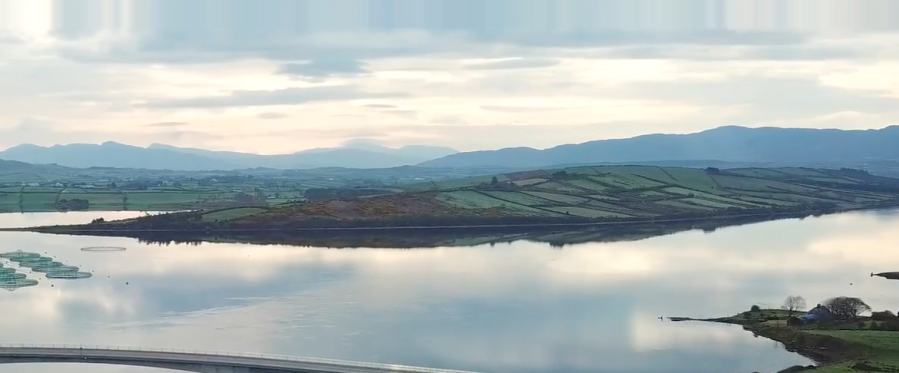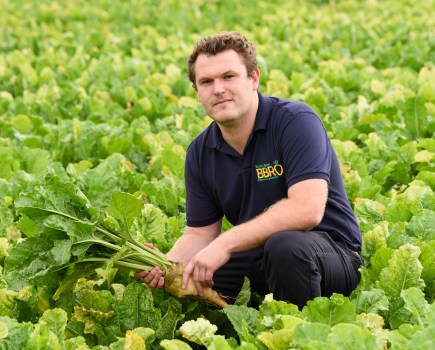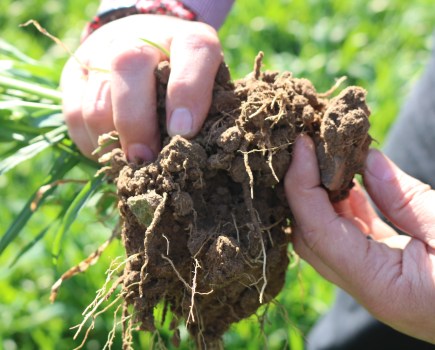Maximising the carbon capture credentials of seaweed for use in agriculture is the aim of a new partnership between Irish shellfish farmers and a Dorset start-up.
The collaboration has led to the launch of a new seaweed farm – based on a unique business model which allows customers to sponsor seaweed grown on ropes that directly absorbs CO2 from the sea. The seaweed is then converted to biochar for use as a soil enhancer.
Carbon Kapture is the company behind the farm in Mulroy Bay in County Donegal, Ireland. “Our partnership with shellfish farmers is a game-changer for the industry and for the fight against climate change,” says Howard Gunstock. “We’re able to produce large quantities of seaweed using a sustainable and eco-friendly process, and turn that seaweed into biochar that can be used to improve soil quality and lock away the carbon for hundreds of years.”
Ecopreneurs
Howard established Carbon Kapture alongside fellow ‘ecopreneur’ Dave Walker-Nix. Together they’ve spent four years exploring ways to create a model which is both impactful and scalable.
After studying the potential of seaweed as a carbon sink, the pair developed a circular economy model based on capturing carbon from biomass and then working with the local community to put it to good use. In the case of Mulroy Bay, donating it to local farmers to support crop production.
“By working with the local community in County Donegal, we can ensure that our process has a positive impact on both the environment and the economy,” says Dave.
Wider benefits
As well as the agricultural benefits of biochar, Carbon Kapture’s farms aim to increase biodiversity and help improve water quality.
The company says Mulroy Bay has the potential to scale to 250ha, which would make it one of the largest seaweed farms in the world, capable of growing approximately 11,000 tonnes of seaweed per year.
For more information, visit the Carbon Kapture website.




